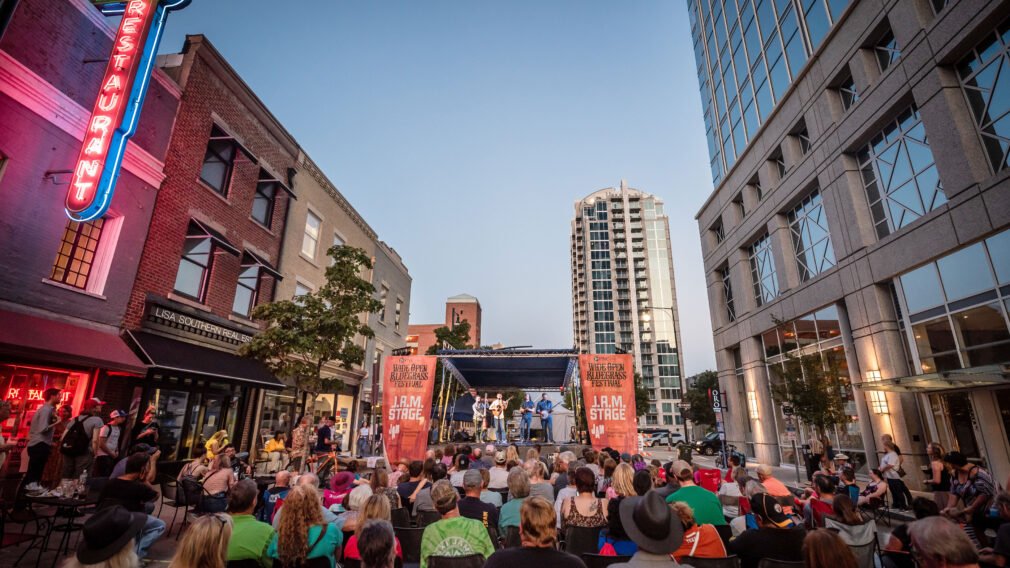North Carolina’s Sports Betting Tax Hike Stalls
North Carolina’s Senate pushed to double the sports betting tax from 18% to 36%, but the House’s refusal to budge threatens to derail the state’s budget.

A Tax Hike Hits a Wall
North Carolina’s sports betting scene is at the heart of a big budget fight, with the Senate proposing to jack up the tax on gross gaming revenue from 18% to 36% by October 2025.
The House, rolling with a $66 billion budget, said no way, sticking to the current rate. This standoff could spark a messy delay in finalizing the state’s two-year budget, likely forcing a conference committee to hash it out.
“While tax increases typically deter economic activity, resulting in a smaller tax base, increasing the tax rate on sports wagering operators is likely to have a much smaller impact than typical,” said Joseph Harris, a fiscal analyst at the John Locke Foundation, suggesting the hike wouldn’t tank the industry.
The Senate’s plan, part of its 2025-2027 budget, aims to cash in on sports betting’s gross gaming revenue. Doubling the tax to 36% could juice state coffers by $270 million annually, up from $136 million, per Vixio estimates, funding university athletic programs reeling from new revenue-sharing deals with student-athletes.
The Senate also wants to tweak revenue splits, giving UNC Chapel Hill and NC State 10% each of a 30% pool, with 10% for the Major Events Fund and the rest to the General Fund.
“Sports wagering firms already operate in three states that levy a 51% tax rate, making it improbable that the companies would close shop in North Carolina due to a 36% tax rate,” Harris noted, pointing to Pennsylvania’s 36% rate.
House Holds the Line
The House’s $66 billion budget, passed by its Rules Committee on May 20, 2025, keeps the tax at 18%. It still shakes up revenue distribution, letting UNC and NC State tap funds previously reserved for 13 other UNC campuses, plus allocating cash for Division I non-football schools, Division II programs, and youth outdoor programs.
“They are not necessarily upset about the fact of casinos, but they just don’t like the way this was put in the budget, rather than going through the committee process,” said Rep. Keith Kidwell, hinting at broader budget gripes, including gaming provisions.
The tax debate got a social edge. Critics like John Rustin of the North Carolina Family Policy Council argue gambling fuels addiction, citing studies showing 3-5% of bettors develop serious issues.
“Problem in pathological gambling manifests itself in increases in theft, embezzlement, job loss, personal bankruptcy, substance abuse, domestic violence, child abuse, divorce and even suicide,” Rustin said, projecting tens of thousands of affected families.
Rev. Mark Creech called gambling a “spirit of covetousness,” warning of societal decay. On the flip side, Harris argued, “It is unlikely that increased wagering fees would do much to deter betting due to the addictive nature of gambling.”
Recommended
